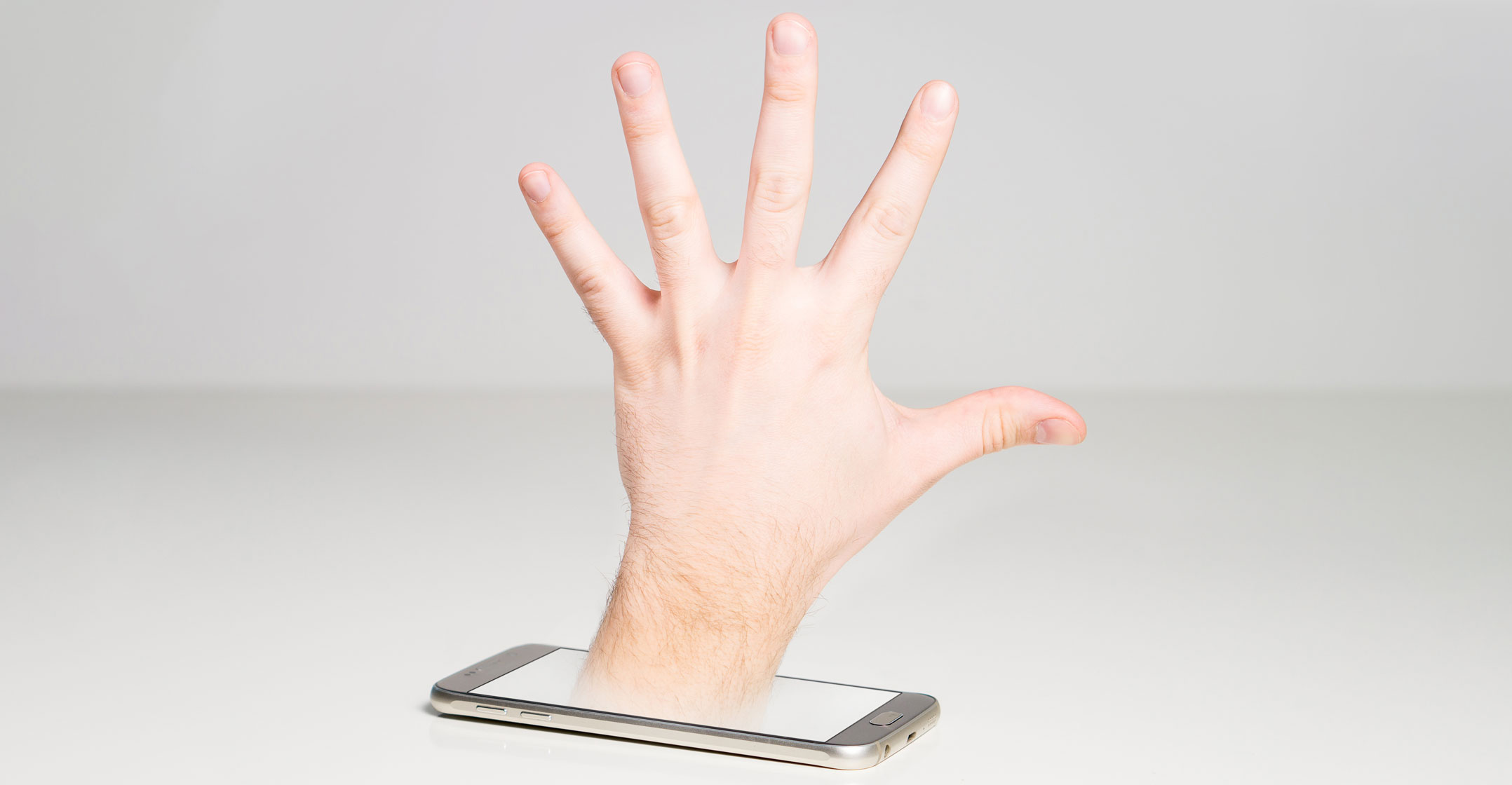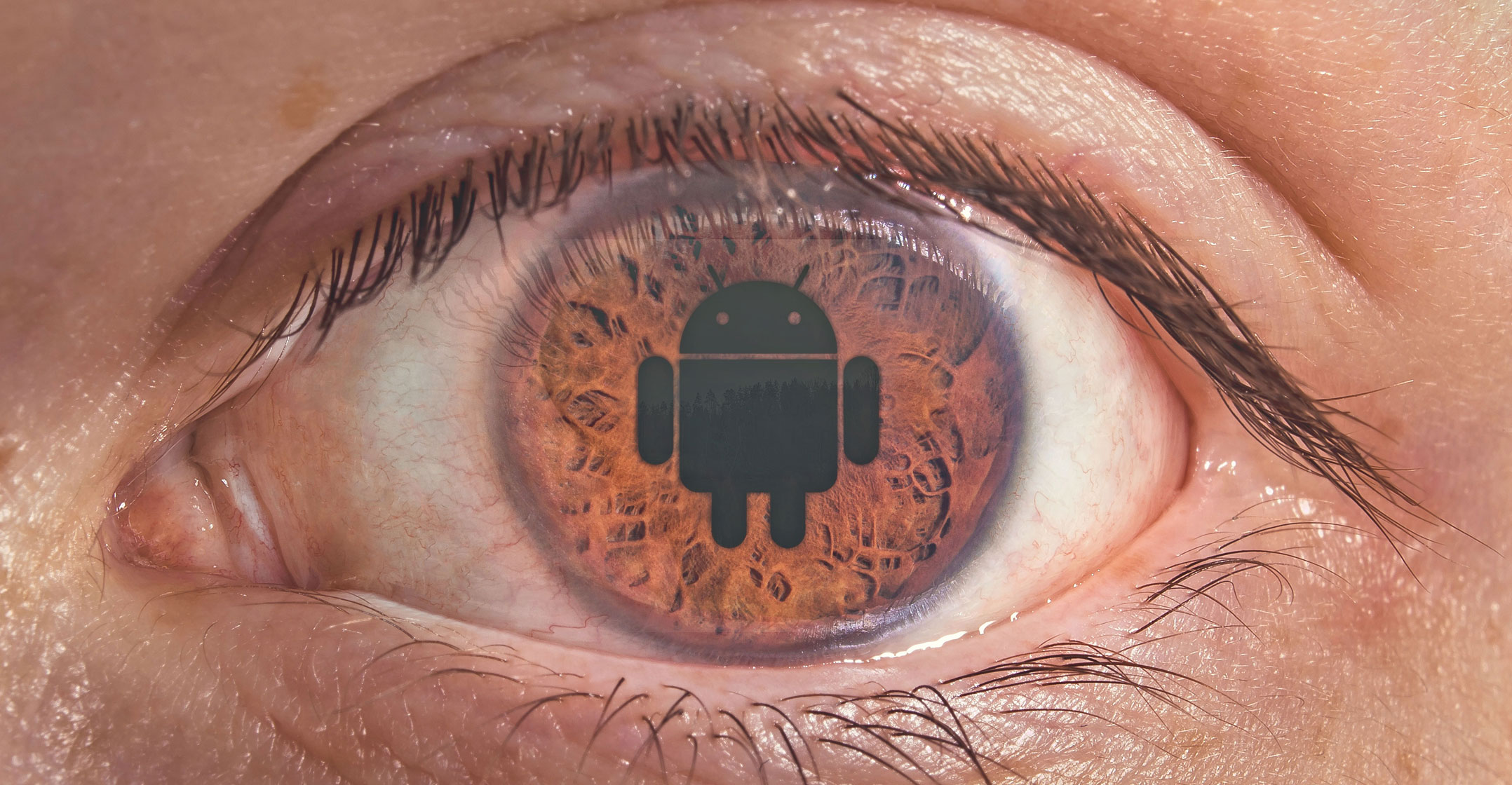
At Google, some employees use a tool that restricts time spent on e-mail. A senior Apple executive said his wife used a device that sets iPhone and iPad limits for their children. Members of a venture capital firm meditate before phone-free quarterly meetings. Slava Rubin, co-founder of crowdfunding site Indiegogo, has a strict no-screen policy for gatherings and adopted a similar rule for his bedroom.
“Literally, the only electricity we use is one lamp,” he says.
Faced with a deluge of text messages, social media updates, e-mails and other distracting alerts, tech executives, entrepreneurs and rank-and-file workers in Silicon Valley are trying to limit their use of the gadgets and digital services they helped create. The efforts show how the industry is grappling with its own concerns about the attention-sapping effects of the smartphone age. A survey released on Monday by Microsoft, the largest workplace software maker, acknowledged that new digital technology can make businesses less productive.
“It definitely took a long time and much misery before I figured out where to draw the line,” said Joe Hewitt, who led Facebook’s early efforts to put the social network on mobile phones. Hewitt said he used to fall into Internet rabbit holes, debating people online and scrolling through Twitter. Now he mutes all but the few friends on Facebook who share his interest in gardening, and he rarely posts anything outside the occasional Instagram picture of a homegrown fig or artichoke.
Some employees of Google use software called In Box When Ready. Downloadable for the Chrome browser, the program lets people schedule “lockouts” so they can’t access messages during certain periods. It also hides notifications of new e-mails except for specific periods of time, removing the temptation to dive into a growing backlog. The tool also provides feedback about how much time a person is spending writing and reading messages, versus targets they set. “I’m using Inbox When Ready to protect my focus,” the e-mails say below user sign-offs.
At Facebook, wood-working and analogue art-making areas at the headquarters campus give employees the chance to step away from screens. In San Francisco, Facebook co-founder Dustin Moskovitz, now running the business software company Asana, encourages younger employees to turn off notifications on their phones. Rudin of Indiegogo only checks e-mail during designated times, limiting his messages to quick exchanges. Anything that takes longer he does in person or over the phone.
No notifications
Alexander Ljung, the co-founder of SoundCloud, says he turns off all notifications on his phone outside of a messaging app that few people can reach. Thomas Meyerhoffer, a former Apple industrial designer, also blocks alerts on his phone and moved all apps off his iPhone X home screen. Among friends and colleagues, Meyerhoffer said conversations about the consequences of modern technology are common these days. Google searches for “smartphone addiction” hit an all-time high in January.
“There is an increasing awareness,” said Meyerhoffer, who now designs surfboards and co-founded the door-lock company Latch. “Every single person from every kind of occupation is talking about this.”
There’s a growing body of evidence about the harmful effects of social media and smartphones, particularly on younger people. A recent report by researchers at San Diego State University and the University of Georgia concluded teens who spend more time online are less happy than those who spend time on other activities. Another report by Facebook’s own researchers last year found people who passively scroll through posts felt worse afterwards. A group of pediatric and mental health experts are lobbying Facebook to discontinue its Messenger Kids app. In Paris, schools are banning mobile phones altogether.

Meanwhile, prominent figures in the technology industry are criticising companies like Facebook. Sean Parker and Chamath Palihapitiya, former Facebook executives, have said the product is addictive and harmful to mental health. Apple CEO Tim Cook said he wouldn’t let his nephew on social media. Salesforce.com CEO Marc Benioff compared Facebook to cigarettes.
The warnings are beginning to reach board rooms, too. Apple investors Jana Partners and the California State Teachers’ Retirement System, recently asked Apple to study the harmful effects of smartphones on mental health and offer more protections for children. A Facebook shareholder is pushing its board to create a risk committee that will study the potential financial harm to Facebook if its product leads to depression or other mental health problems.
“The technology industry is reaching the point where they will need to put more resources into addressing the negative externalities of their products and services,” says Jonas Kron, senior vice president at Trillium Asset Management, the Facebook investor lobbying for the risk committee.
As “mindfulness” enters the Silicon Valley lexicon, the urge to unplug is creating new business opportunities. Digital detox retreats where people spend several days without technology are increasingly popular among tech workers, as is meditation. Jack Dorsey, the CEO of Twitter and Square, recently finished a 10-day silent meditation that strictly prohibits any communication.
Asana co-founder Justin Rosenstein, who helped create Facebook’s “like” button, meditates one hour per day. Benioff has mandated that each floor of the Salesforce’s soaring new office tower in San Francisco have a meditation room, “where employees can put their phones into a basket or whatever, and go in to an area where there’s quietness”, he said in 2016. And for those without time for a retreat or access to a dedicated space, apps including Calm and Mindfulness Daily are available.
Jon Callaghan, founder of True Ventures and former chairman of the National Venture Capital Association’s board of directors, said phones are not allowed in partner gatherings. At the firm’s quarterly meetings, participants meditate at the beginning of every session. He limits phone usage at home and his family has a no-device policy for meals.
Tony Fadell, the former Apple executive involved in the creation of the iPhone, said he experienced the distracting effects of the device almost immediately after its 2007 release. Most employees at the company didn’t use BlackBerry devices or other pre-iPhone smartphones, meaning e-mail was limited to certain times of the day. Messages outside work hours were rare. “When the iPhone hit, you couldn’t stop the stream of e-mails because the devices were always on people,” Fadell says. He thinks companies should block employees from sending and receiving e-mails during non-work hours.

The technology industry needs to own up to the addictive qualities of its creations and add new safeguards that make it easier for people to put away their phones, Fadell said. Apple and Google, owners of the two largest smartphone operating systems, should offer apps that break down smartphone usage — time spent reading and writing texts, in apps such as Facebook, browsing the Web, writing e-mails — similar to how their health apps show steps walked or hours slept each day, Fadell said.
“They have all that data, just give it back to us,” Fadell said. “This isn’t like building a self-driving car, which is 10 000-times harder and costs way more.”
Companies are beginning to get the message. After Jana and CalSTRS demanded action in early January, Apple said it plans new features to give parents more control over how children use its devices. “We think deeply about how our products are used and the impact they have on users,” the company said in a statement. Facebook CEO Mark Zuckerberg is changing the company’s news feed to reduce mindless scrolling and increase meaningful interactions between friends and family. Google recently ran an ad highlighting the mental health implications of smartphone and social media use.
“These devices absorb so much of kids’ lives and it’s a bit of a challenge to set the boundaries.”
Regardless, many technology industry veterans are taking their own measures. Fadell, whose family has no-screen Sundays, uses a product called Circle that sets online time limits and blocks certain content. The device connects to a Wi-Fi router, making it easier to set restrictions for any device in a household connected to the network. Devices can be disconnected completely during pre-set hours, like bedtime.
“Some families are more concerned about the kind of content they’re exposed to,” said Circle CEO Lance Charlish. “Others may be worried about device time and life balance.” The company has hundreds of thousands of customers and revenue has doubled every year, he added, without being more specific.
One customer is Luca Maestri, Apple’s chief financial officer, according to an interview he gave last year to journalist and award-winning author Maria Teresa Cometto.
“These devices absorb so much of kids’ lives and it’s a bit of a challenge to set the boundaries,” Maestri told Cometto. His wife decided to use Circle as a means to moderate their children’s iPhones and iPads, according to a write-up of the interview by i-Italy, a magazine about the country and its ties to the US. It’s unclear if the CFO or his wife still use the device. An Apple spokesman declined to comment.
Rudin, of Indiegogo, said that if all else fails, religion can help. His family observes the Jewish custom of Shabbat every Friday night through Saturday, meaning technology use is restricted. “My wife will turn her phone and any other tech off for 25 hours straight,” he wrote in a weekday e-mail. “I try to do the same, but it’s not always possible :)” — Reported by Adam Satariano and Selina Wang, (c) 2018 Bloomberg LP

